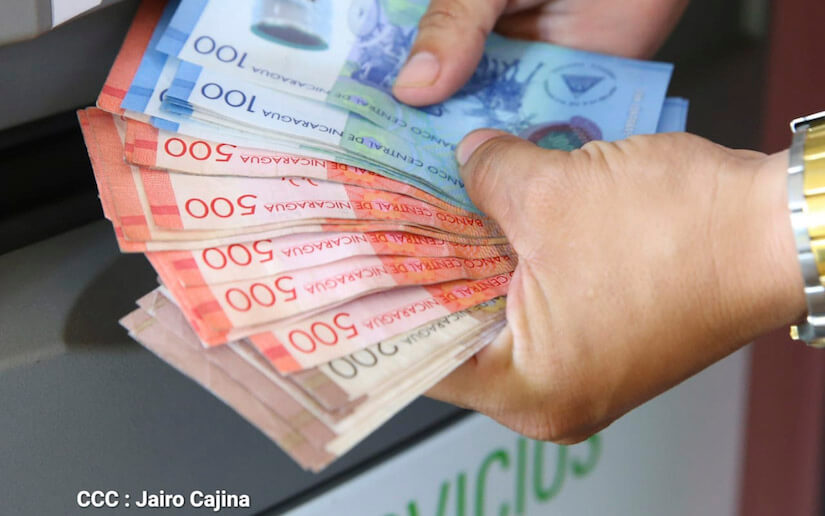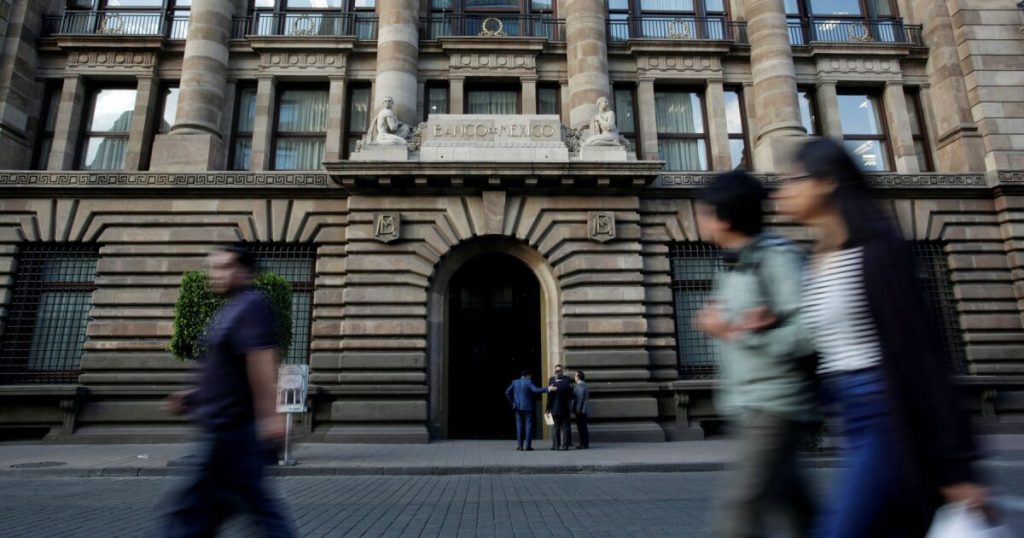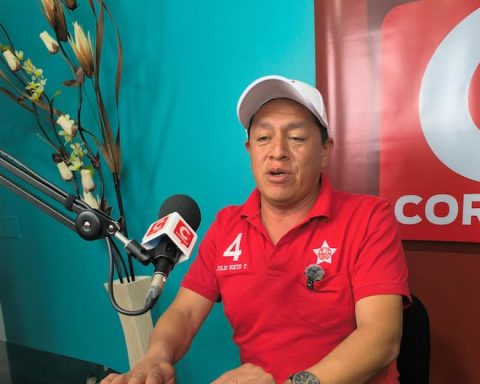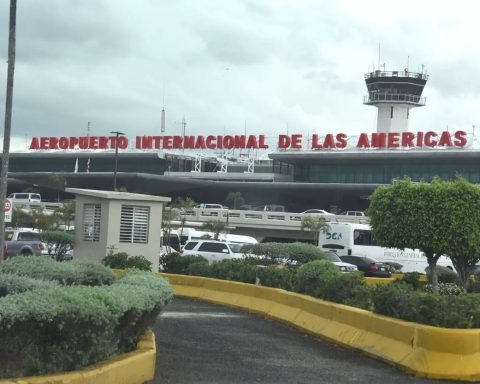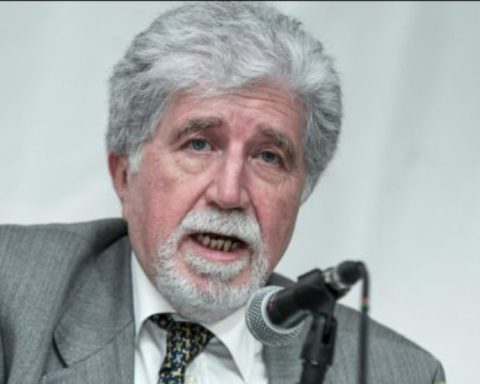The regime of Daniel Ortega and Rosario Murillo, through presidential decree 14-2024, ordered the administrative merger of the Usura Cero and Adelante programs, in addition to snatching the administration and execution of these from the Ministry of the Family, Cooperative and Associative Economy (Mefcca) and pass it on to the Ministry of Finance and Public Credit.
In article 10 of presidential decree 14-2024, the provisions of presidential decree 75-2007 were repealed, on the establishment of the National Council of Citizen Power for the Zero Usury program, which established that this program was in charge of a Council , which was headed by “the minister of Mefcca, followed by a special prosecutor for citizen participation, a delegate of the Treasury and Public Credit, the executive director of the National Technological Institute and the executive secretary of the Executing Unit of the Zero Usury Program” .
Related news: Nicaraguan regime adds more than 9 million dollars to debt with Belarus
Also, it repeals presidential decree 14-2022, which established that the Adelante Program must be “coordinated by a Board of Directors”, which was made up of “two delegates from the Ministry of Finance and Public Credit, a delegate from the Ministry of Family Economy, Community, Cooperative and Associative and a delegate of the Zero Usury Program. In addition, it located this program as “temporarily executed by the Ministry of Family, Community, Cooperative and Associative Economy (MEFCCA).”
The changes in these programs occur a month after the Ortega movement, on August 9, removed the Ortega member Justa Pérez Acuña from her position as minister of the Ministry of Family, Community, Cooperative and Associative Economy, a position she had held for seven years. years.
Former Minister Acuña, although she was already placed as the first advisor to the Vice Presidency on issues related to tourism, under the command of Rosario Murillo, was publicly accused, after being removed from Mefcca, of supposedly being linked to a corruption case related to loans granted to through the Adelante program. However, these allegations were not proven and neither was the Sandinista Front prosecuted or sanctioned for it or the public institutions it controls.
Board of directors headed by Treasury and Public Credit
Now, with the reform announced by Ortega in La Gaceta on September 26, both programs will be directed “by a Board of Directors”, which was established to be in charge of guaranteeing the “implementation and development of both programs and will be integrated by the Vice Minister of Finance and Public Credit, who will preside over the Council; a delegate from the General Budget Directorate of the Ministry of Finance and Public Credit; the executive director of the Zero Usury Program and the Adelante Program.
Related news: Control over remittances is “state terrorism”, it has nothing to do with the FATF, nor prevention of money laundering
The administration of the Zero Usury Program and the Adelante Program will be in charge of the executive director, who will also be appointed by the Board of Directors, chaired by the Vice Minister of Finance and Public Credit, according to the provisions of the new presidential decree.
The Usura Cero and Adelante programs, now administratively merged, according to the decree, have as their main objectives: “to promote the development of micro businesses in women who live in urban areas, through the granting of microcredits” and “to provide fair credits to producers, entrepreneurs and small businesses in cities and the countryside, with the aim of increasing production, adding value and improving the quality and competitiveness of products and services”, respectively.
Programs will facilitate loans from 10 thousand to 100 thousand córdobas
The new decree, unlike those that were repealed, includes details of the amounts that will be disbursed as loans through these programs. In the case of the Zero Usury Program, it was established that it will grant loans of between 10,000 and 50,000 córdobas, while the Adelante Program loans will be between 10,000 and 100,000 córdobas.
The document specifies that “these amounts may be adjusted by the Board of Directors based on availability.”
Both programs may be financed through allocations from the General Budget of the Republic, sources of Treasury Revenue, recoveries of credits granted by the Government, donations and loans managed by the Government of Nicaragua,” details the presidential decree released this Thursday.
